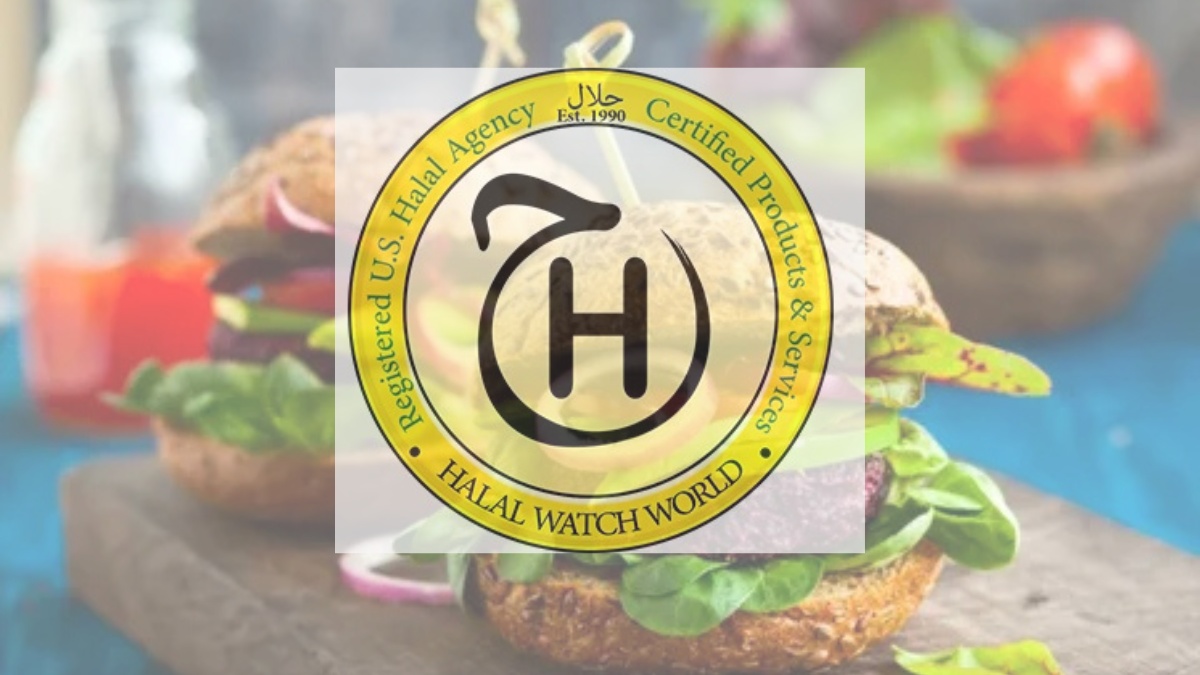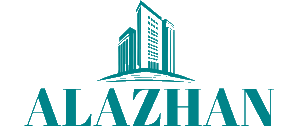
Halal certification is increasingly vital for businesses aiming to serve the growing Muslim population in the United States and beyond. Whether you operate a food business, restaurant, or manufacture consumer goods, obtaining halal food certification demonstrates your commitment to quality, compliance, and inclusivity. This article explores the essentials of halal certification in the USA, the process, leading agencies, and the benefits for restaurants and international trade.
What is Halal Certification and Why Is It Important?
Halal certification is an official process that verifies products, services, or premises comply with Islamic dietary laws. These laws, derived from the Quran and Hadith, require that products be free from any components prohibited to Muslims and that production processes adhere to Islamic guidelines. Halal food certification is essential across sectors such as food and beverages, pharmaceuticals, cosmetics, and logistics, as it assures Muslim consumers that products meet their religious requirements.
With the global Muslim population exceeding 2 billion, and a significant and growing Muslim community in the USA, the demand for halal-certified products is on the rise. For businesses, halal certification is not just about compliance-it’s a pathway to consumer trust, expanded market reach, and enhanced brand reputation.
Halal Certification Services: Who Provides Them in the USA?
Several reputable halal certification agencies operate in the USA, each with its own strengths and areas of expertise. Some of the most recognized names include:
-
Halal Watch: A leading halal certification agency known for its clear, efficient, and accessible certification process. Halal Watch serves a wide range of industries, including food, cosmetics, and pharmaceuticals, and is trusted for its commitment to high halal standards.
-
Islamic Food and Nutrition Council of America (IFANCA): Established in 1982, IFANCA is recognized globally for its dedication to halal standards and works closely with government agencies and international food producers.
-
Islamic Services of America (ISA): One of the oldest certifiers, ISA works with diverse industries to ensure products meet halal standards.
-
Halal Transactions of Omaha (HTO): Specializes in robust certification of meat and food products, collaborating with the USDA for compliance.
These agencies provide halal certification services ranging from initial consultation and audits to ongoing compliance support, ensuring products and facilities maintain halal integrity throughout their lifecycle.
The Halal Certification Process in the USA
Obtaining halal certification in the USA involves several critical steps designed to ensure strict adherence to Islamic dietary laws. While the process may vary slightly between agencies, the general steps include:
-
Application Submission: Businesses provide detailed information about their products, manufacturing processes, ingredients, and sourcing.
-
Document Review: Certification experts review submitted documents to assess compliance with halal standards.
-
Facility Inspection and Audit: An on-site audit is conducted to inspect raw materials, production procedures, cleaning protocols, and storage practices. This step is crucial for identifying any risks to halal integrity, such as cross-contamination with non-halal substances.
-
Certification Decision: Based on the audit and documentation, the halal certification agency decides whether to grant certification. If approved, a halal certificate is issued, typically valid for one year.
-
Ongoing Compliance and Renewal: Maintaining halal certification requires regular audits and compliance checks to ensure continued adherence to standards.
This rigorous process ensures that only products and services meeting the highest halal standards reach Muslim consumers.
International Halal Certification and Global Market Access
International halal certification is essential for businesses seeking to export products to Muslim-majority countries or cater to global Muslim consumers. Agencies like the American Halal Foundation (AHF) and Halal Watch are internationally accredited, enabling businesses to access key markets across the Middle East, Southeast Asia, and beyond.
International recognition is achieved through partnerships and mutual recognition agreements with global bodies such as the World Halal Food Council (WHFC), JAKIM (Malaysia), and LPPOM MUI (Indonesia). This ensures that halal certification obtained in the USA is accepted in major importing countries, facilitating seamless international trade.
Halal Certification for Restaurants: Meeting Consumer Expectations
Halal certification for restaurants is increasingly important in the USA, where Muslim diners seek assurance that their meals comply with religious guidelines. Certification covers not only the ingredients used but also preparation methods, kitchen practices, and staff training.
Restaurants with halal certification benefit from:
-
Increased patronage from Muslim consumers
-
Enhanced reputation for inclusivity and quality
-
Opportunities to participate in food delivery platforms and catering for Muslim events
Obtaining halal certification for a restaurant involves a similar process to food manufacturing, with a focus on sourcing, preparation, and preventing cross-contamination.
Halal Watch: A Leader in Halal Certification Services
Halal Watch stands out as a trusted halal certification agency in the USA, offering comprehensive services for businesses of all sizes. Their process is designed to be transparent and supportive, guiding clients through every step-from initial assessment to ongoing compliance.
Key strengths of Halal Watch include:
-
Expertise across multiple industries: Food, cosmetics, pharmaceuticals, and more.
-
Efficient certification process: Streamlined steps for timely certification.
-
Continuous support: Regular audits and updates to keep clients compliant with evolving halal standards.
Their commitment to quality and integrity has made them a preferred partner for businesses seeking to build trust with Muslim consumers.
Legal Considerations and State Regulations
While halal certification in the USA is generally voluntary, some states-including New Jersey, Minnesota, Illinois, California, Michigan, Texas, and Virginia-have halal food laws requiring proper labeling and adherence to Islamic slaughter procedures. These regulations exist to protect consumers from misleading claims and ensure transparency in the marketplace.
Businesses operating in these states should work with recognized halal certification agencies to ensure compliance with both religious and legal requirements.
Conclusion
Halal certification in the USA is a critical component for businesses aiming to serve the Muslim community and expand into global markets. By partnering with reputable halal certification agencies such as Halal Watch World, IFANCA, or AHF, businesses can ensure their products and services meet stringent halal standards, earn consumer trust, and unlock new growth opportunities. Whether you’re seeking halal certification for a restaurant or for international export, the process is a valuable investment in your brand’s future.
Read more exciting blogs on alazhan.com
Related Article: https://ezineblog.org/2025/05/05/the-importance-of-halal-certification-and-how-it-supports-businesses-in-the-usa/







